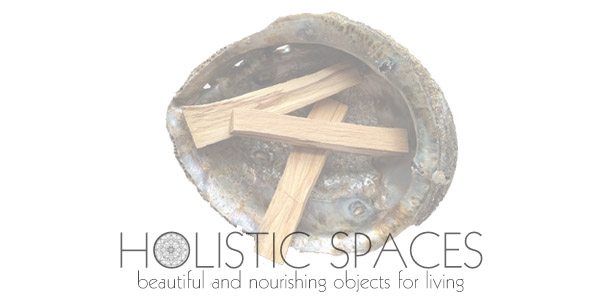Just in time for fall equinox, my bestie and esteemed Chinese Medicine expert, Angela Mastoris, is back with another set of tips, this time for dealing with the physical and emotional stress put on us by the changing seasons from summer to fall.
Check out her advice on meditation, yoga and dietary changes to ease transition into our next season!
AC: Can you tell us a little about fall equinox?
AM: In Chinese Medicine, there is a school of thought called Five Elements Theory. The general idea is that each of us has, within our own body, a microcosm, like our planet. Each element has its own set of meridians and special qualities associated with it.
The fall season is part of the Metal Element. Metal rules the Lung and Large Intestine meridians, as well as the skin, which is not a meridian, but very important, because if you have a skin issue- it is not easily ignored.
How does the fall equinox affect us as humans?
Think about what happens to the earth at this time: she begins her process of death, so she can come back to life in the spring. This also happens in our own bodies. There is a bit of grief always associated with change. People inherently have difficulty with transition; they have trouble letting go.
Do you have any tips for dealing with that transition?
If someone is having a hard time with a change or transition, or any other emotion in excess, mysterious physical symptoms show up and a person may not know why.
In general, at this time of year, meditation, yoga, eating appropriate foods and treating your body gently is a great place for all of us to begin preparing ourselves for the great introspection and internal growth of Winter.
Does the fall equinox affect us physically?
Absolutely. This time of year is almost as much of an assault on our immune system as the springtime. The environmental change causes a change in your body’s defense mechanisms, or immune system.
What sort of dietary changes can assist in adjusting to the fall equinox?
The diet should get heavier and more cooked, less raw, as it gets colder. Omnivores- you’ll be eating more meats and dairy products. Vegetarians- lots of grains, some nuts, beans, seeds, as well as more dairy and eggs if you are lacto-ovo vegetarian. Vegetarians can warm it up. If you want to warm up the body, root veggies are great- ginger works wonders in food and as a tea.
As it gets colder, you want to eat heavier foods. You can all eat in accordance with how you want to live, but some great additions to the fall diet are: baked squash, pumpkin, wild rice, brown rice, mushrooms, soups in general, vegetable barley soup, root vegetables: carrot, turnip, onion and garlic; cooked greens: celery, comfrey, dandelion, kale, watercress, and spinach; sea vegetables: dulse, kelp or nori seaweed; miso paste for broth base; seasonings: rosemary, cayenne, and ginger. Pumpkin seeds are really good for the intestines.
Detoxing is good this time of year. You can wean yourself off sugars easier because they become less a part of the diet when it gets colder; you have less fruit in your diet normally, because it's not as available.
Cutting back on caffeine, sugar, and alcohol is also helpful, as these substances aggravate irritated skin. They also cause changes in our metabolism that our body has to readjust to afterwards, which further taxes the immune system. If you drink less caffeine and eat less sugar temporarily, you will give your body a break, so your immune system can go on fighting off the new Autumn pathogens in the air. It helps your skin and immune system to clean up your diet temporarily, or forever!
How do these changes help?
In between seasons, you always want to eat foods that are gentle. They tell us in Chinese Medicine that you always want to return to the earth element, our earth, our digestive system, between the seasons, because our bodies are literally weakened by the environmental change. If you eat gentle, easy to digest foods (cooked and not too cold or too spicy) you make the body’s job easier and more energy can go to balancing out your immune system and adjusting to environmental changes.
by Anjie Cho






